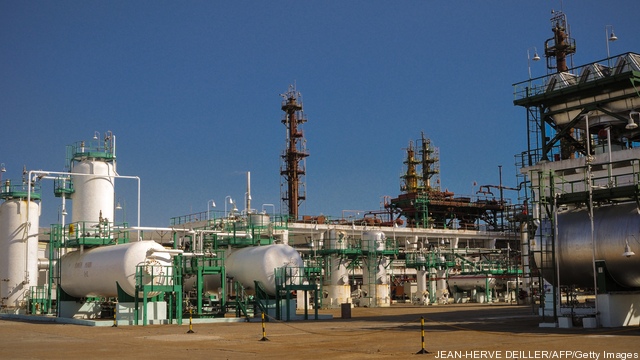
EPA’s Science Advisory Board will form an independent panel to provide transparent feedback on its 2014 draft report on hydraulic fracturing and its impact on drinking water resources.
On March 25, 2013, the Environmental Protection Agency’s (EPA’s) independent Science Advisory Board announced formation of a panel of independent experts to review the agency’s hydraulic fracturing research report,which is to be completed in 2014. The 31-member Hydraulic Fracturing Research Advisory Panel will review and provide scientific research on the EPA’s Congressionally-mandated draft report on the potential impacts of fracturing on drinking water. Keep reading →








